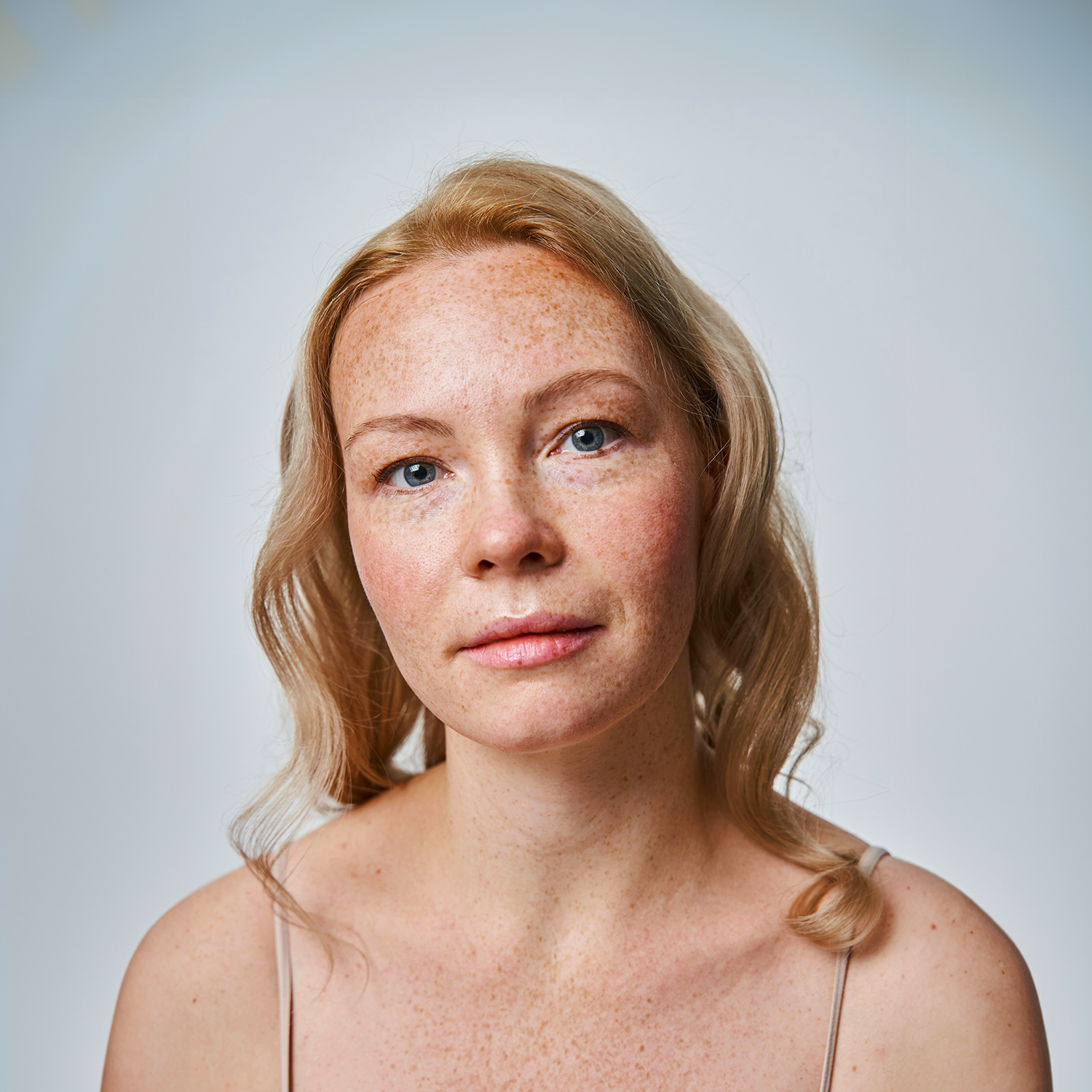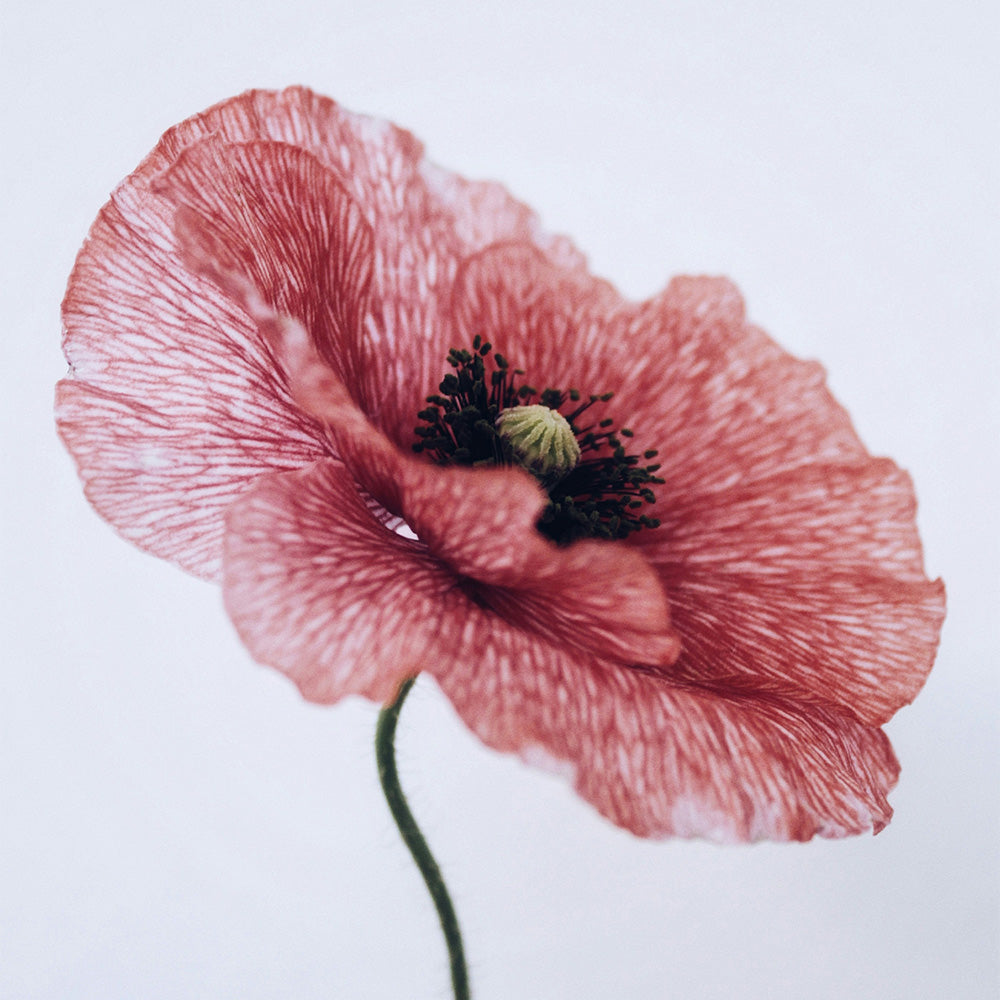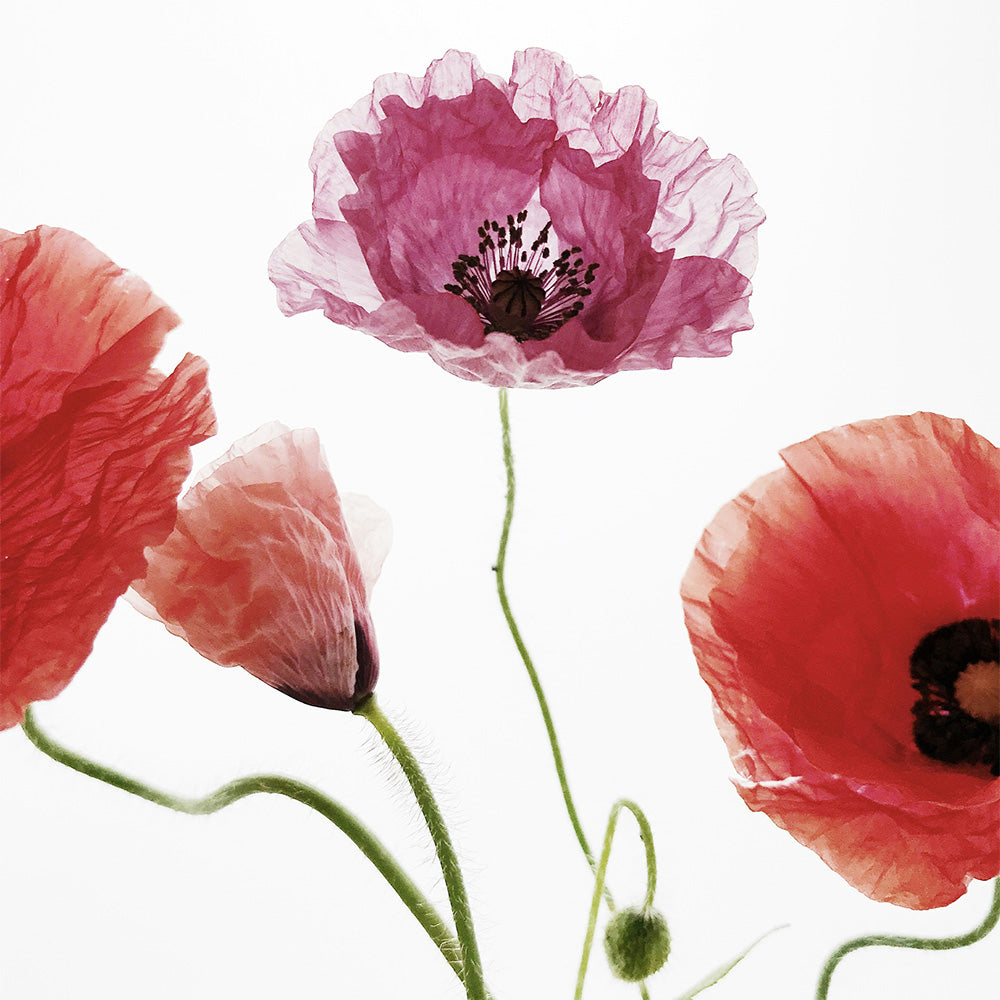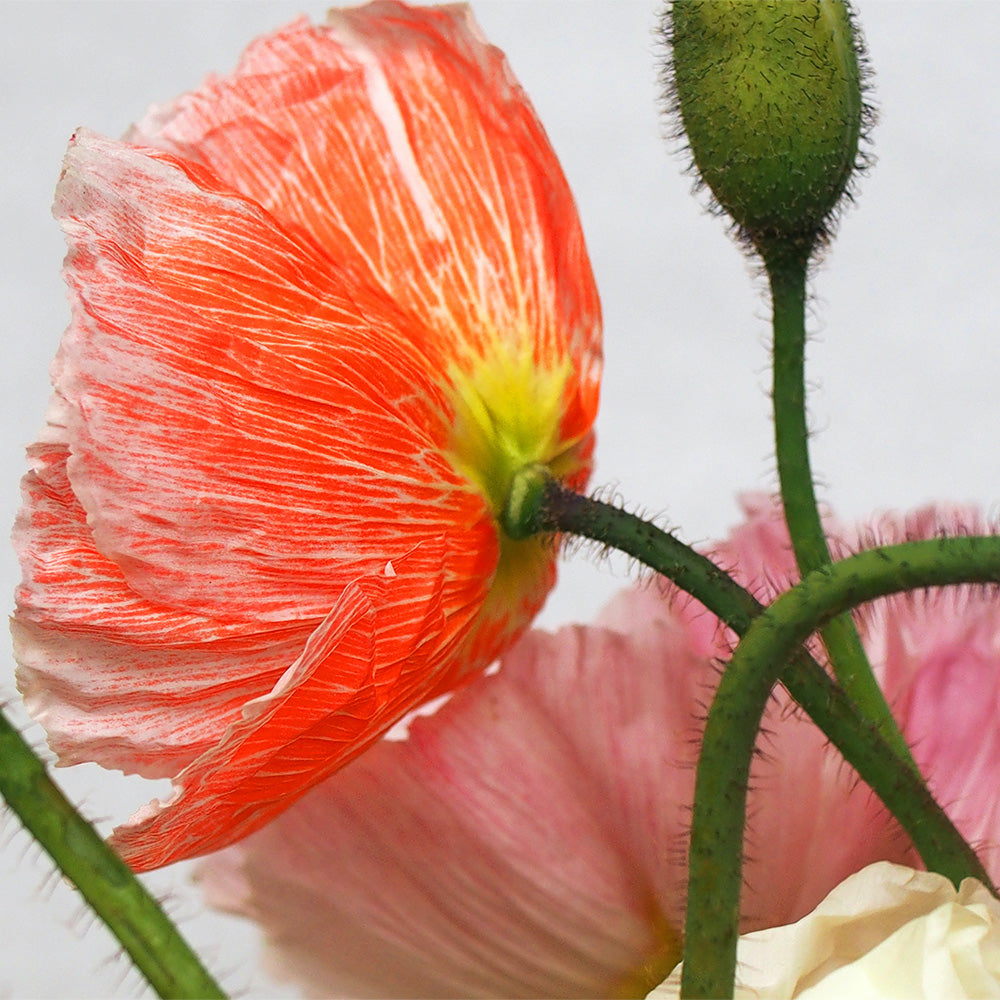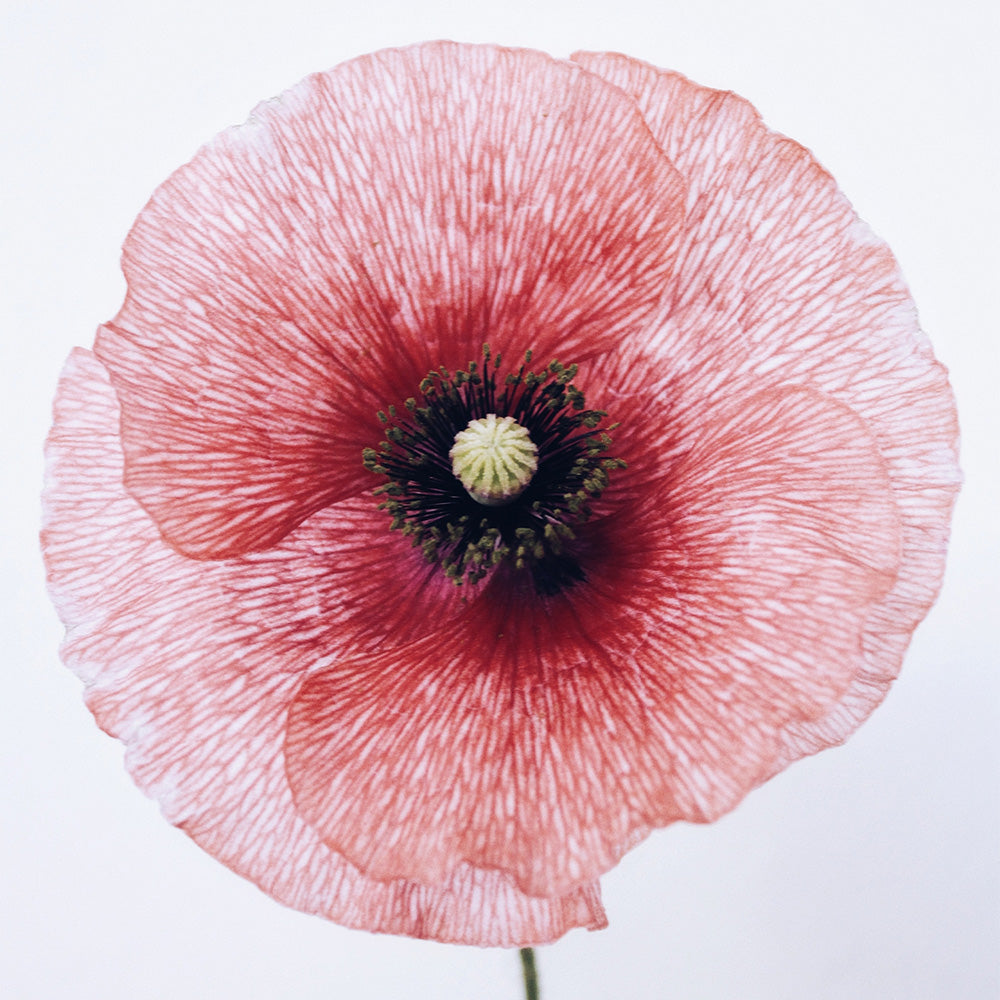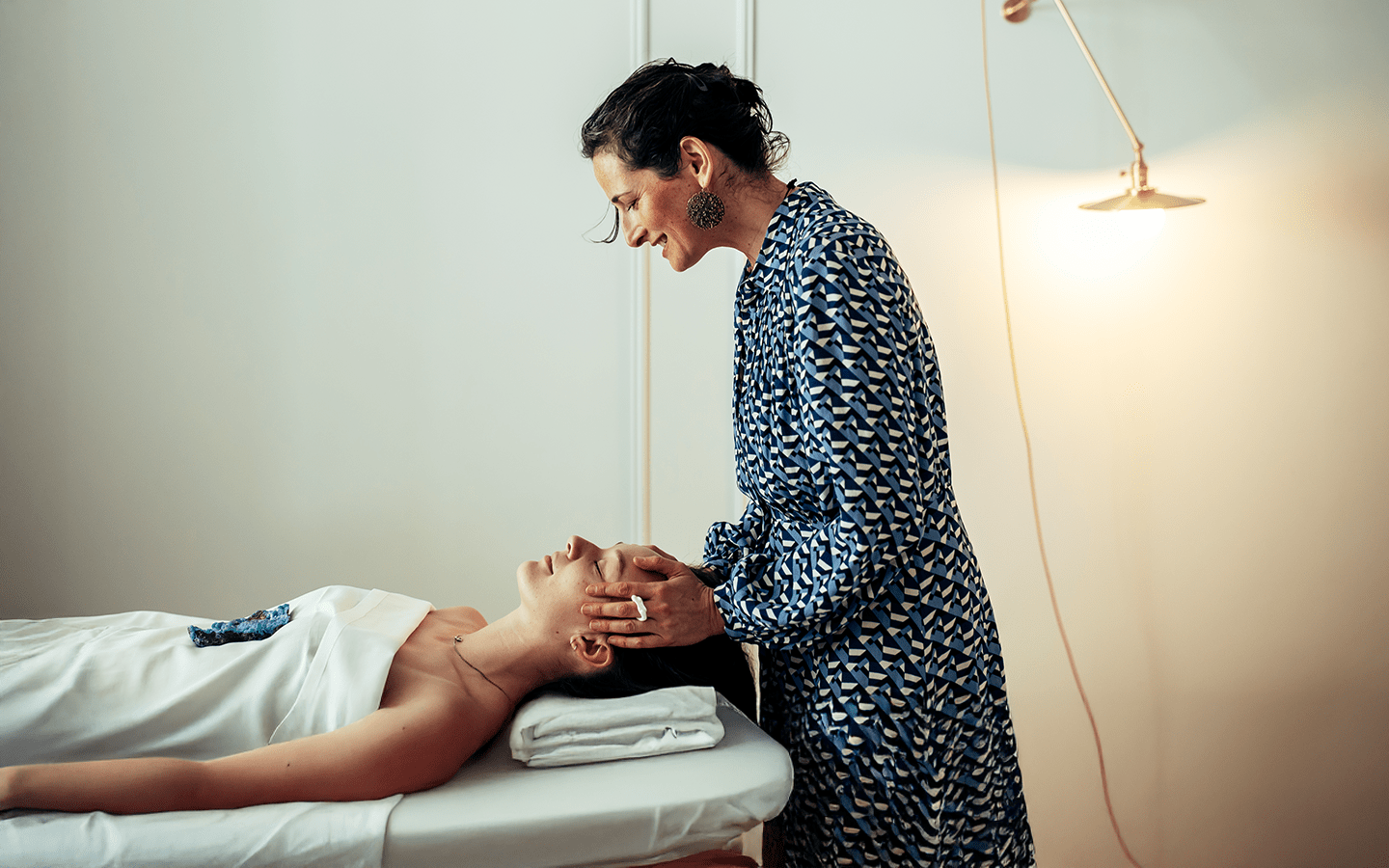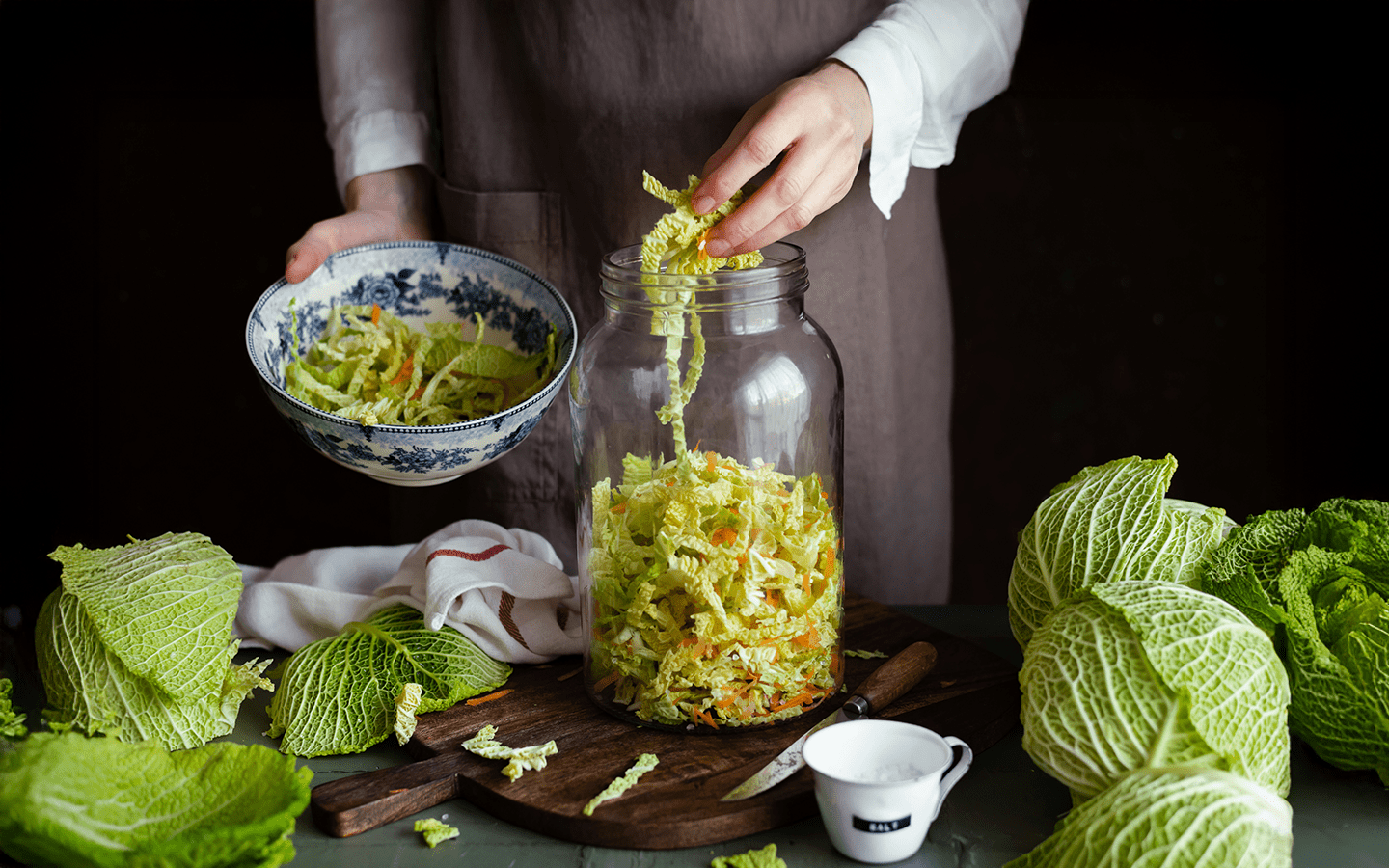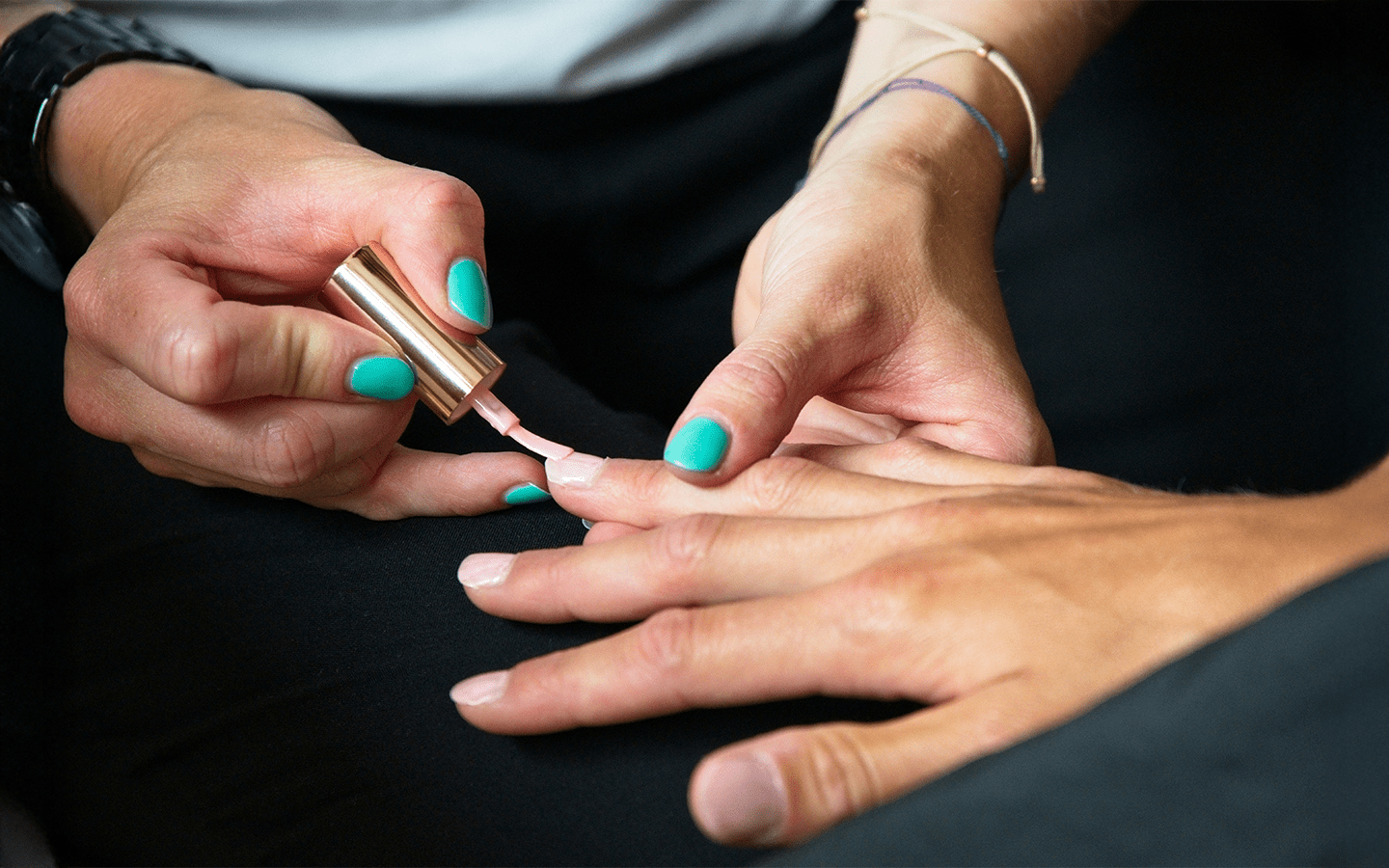
Acupressure for Beginners: Points to Reduce Stress and Improve Sleep
In today’s fast-paced world, stress and poor sleep are all too common. Many of my clients feel caught in a cycle of sleepless nights and tense days. If this sounds familiar, I have good news: acupressure, an ancient practice rooted in Chinese medicine, is an easy, accessible way to calm your mind, relieve tension, and promote restorative sleep. The best part? You can do it yourself, right at home.
In this beginner’s guide, I’ll share how acupressure works, key points to target for stress relief and better sleep, and simple techniques to get you started.
Key Highlights
- Discover the power of acupressure for stress reduction and improved sleep.
- Learn about key acupressure points and techniques for beginners.
- Explore step-by-step guides for activating stress-relief and sleep-inducing points.
- Understand the benefits of acupressure as a holistic approach to well-being.
- Find answers to frequently asked questions about acupressure for stress and sleep.
Introduction
Acupressure is a natural healing technique that involves applying gentle pressure to specific points on the body, known as acupoints. These points are situated along energy pathways called meridians, which, in Chinese medicine, influence the flow of qi (life force energy). When qi is balanced, the body functions harmoniously; when it’s blocked, symptoms like stress, anxiety, and insomnia can arise.
Acupressure stimulates these points to encourage relaxation, improve circulation, and restore balance. It’s like giving your body a reset—no needles required.
Understanding Acupressure: A Holistic Approach to Well-being
Acupressure is a form of alternative medicine that has been used for centuries. It works by applying pressure to certain points on the body. This can help reduce pain, improve sleep, and encourage relaxation.
Supporters of acupressure believe it helps the body heal itself. Scientific studies are still looking into how well acupressure works. However, many people find it a helpful way to manage stress and improve their sleep quality.
The basics of acupressure and its benefits
Acupressure is based on traditional Chinese medicine (TCM). It focuses on a vital energy called "Qi" that flows through pathways in the body known as meridians. TCM suggests that blockages or imbalances in this energy flow can cause physical and emotional problems.
The goal of acupressure is to restore the balance of Qi. It does this by applying pressure to specific acupoints along the meridians using the fingertips. By pushing on these points, acupressure is thought to remove blockages, encourage energy flow, and bring harmony back to the body.
Acupressure offers several benefits for overall wellness. Research shows that acupressure can help reduce stress, lower anxiety, improve sleep quality, and ease pain. By focusing on specific acupoints, acupressure may also help treat headaches, digestive issues, and menstrual discomfort.
How acupressure differs from other stress-reduction techniques
Stress reduction techniques include many practices. These range from mindfulness meditation to exercise, each with its own method. Acupressure is different because it is a holistic practice. It focuses on specific points on the body that are thought to affect energy flow and muscle tension.
While some stress-reduction methods mainly help with mental relaxation, acupressure also looks at the physical and emotional sides of stress. By easing muscle tension, it can help reduce mental stress and create a feeling of calm.
Another great thing about acupressure is that it is easy to do. With some basic knowledge about acupoints, you can use acupressure on yourself. This makes it a simple and affordable way to manage stress and encourage relaxation.
Preparing for Your Acupressure Journey
Starting your journey with acupressure for stress reduction and better sleep means knowing some basics. Learn about the important acupoints and what they do. This knowledge is the first step for your practice to work well.
You can find helpful resources, like acupressure charts or good online guides. These tools give you pictures and clear steps. Keeping these resources nearby will help you in your practice.
Essential tools and resources for beginners
Luckily, you do not need many tools for acupressure. This makes it easy for beginners to start. The main tool is your hand, especially your thumbs and index fingers. They provide the right firm pressure to touch the acupressure points well.
Here are some extra tools and resources that can help you with acupressure:
- Acupressure Chart: This is a guide that shows where different acupressure points are. You can find these charts online and in many bookstores.
- Acupressure Mat: This mat is not a must-have, but it can help you reach multiple points on your back and feet at the same time.
- Comfortable Clothing: Wear loose and comfy clothes. This will help you move freely and access the acupressure points easily.
Creating a serene environment for practice
Creating a calm and peaceful environment can really improve your acupressure experience. You can dim the lights, light some candles, or use essential oils to help make a soothing space.
Look for a quiet spot where you can relax without any interruptions. This could be a cozy corner in your room or a nice place in nature. Having a special area for your practice can help you relax and really enjoy the experience.
Find a comfortable position. You can either lie down or sit up straight with good posture. Relax your body and take a few deep breaths. This will help you release any tension or stress.
Step-by-Step Guide to Acupressure for Stress Reduction
Acupressure is an easy and effective way to reduce stress and help you relax. By doing these steps, you can press certain points that are known to calm you down. This can help you feel more at peace.
Pay attention to your body and change the pressure when you need to. Do it regularly for the best results. You can also make acupressure a regular part of your self-care.
Step 1: Identifying key acupressure points for stress relief

Many acupressure points are well-known for helping reduce stress. These points are found along pathways that affect energy flow and muscle tension related to stress.
Here are some important points to know:
- LI4 (Large Intestine 4): This point is between the thumb and index finger. It is also called He Gu (Joining Valley). People use LI4 to help relieve headaches, neck and shoulder tension, and general stress.
- GB20 (Gallbladder 20): This point is at the base of the skull, in the grooves under the occipital bone. It is known as Feng Chi (Wind Pool). GB20 may help ease headaches, reduce neck tension, and encourage relaxation.
- CV17 (Conception Vessel 17): Found in the center of the chest, at the fourth intercostal space, this point is also called Shan Zhong (Chest Center). CV17 is linked to calming the heart, decreasing anxiety, and improving emotional balance.
Step 2: Techniques for applying pressure to stress-relief points
Once you find the important acupressure points for stress relief, use a gentle but firm touch to apply pressure.
With your thumb or index finger, start with light pressure on the acupoint. Gradually increase the pressure to a level that feels comfortable. Avoid using too much force, as it might cause discomfort or bruising.
Keep the pressure for 1 to 3 minutes while taking slow, deep breaths. If you feel any pain, reduce the pressure right away or stop the practice.
Acupressure for Improved Sleep: Finding the Right Points
Acupressure can help relieve stress and also lead to better sleep. By using specific acupoints that help you relax and manage sleep, you can enhance your sleep quality. This means you will wake up feeling more refreshed.
Now, let’s look at the key acupoints that can improve your sleep.
Discovering acupressure points for deeper sleep
Finding the right acupoints can help you get a good night's sleep. Let's look at these points closely:
- GB20 (Gallbladder 20): This point is located at the base of your skull. Known as the "Wind Pool," it helps relieve tension in your head and neck. This promotes relaxation and gets your body ready for sleep.
- P6 (Pericardium 6): You can find this point on the inner side of your wrist. Called the "Inner Frontier Gate," it is thought to calm your heart and spirit. This can reduce anxiety and help you sleep better. It may also help with nausea and vomiting.
- KD3 (Kidney 3): Situated on the inner ankle, just below the bony bump, KD3 is known as the "Great Stream." It is believed to ground your energy and calm your mind, helping you relax and sleep more deeply.
Step-by-step process to activate sleep-inducing points before bed
Incorporate acupressure into your bedtime routine to help you relax and improve your sleep quality.
- Set the ambiance: Make your space relaxing. Dim the lights and use calming essential oils like lavender or chamomile.
- Locate and stimulate the acupoints: Check the table below. It shows how to activate points that help induce sleep:
- Relax and breathe deeply: After you stimulate the acupoints, lie down in a comfortable position. Focus on your breath. Picture calmness washing over you as you drift off to sleep.
| Acupoint | Location | Technique | Benefits |
|---|---|---|---|
| GB20 | Base of the skull | Gentle circular motions | Relieves headaches, calms the mind |
| P6 | Inner side of wrist | Gentle pressure with thumb | Reduces anxiety, promotes restful sleep |
| KD3 | Inner ankle | Gentle pressure with thumb | Grounds energy, helps sleep issues |
Conclusion
Acupressure is a natural and effective way to help you feel less stressed and get better sleep. It works by focusing on specific points on your body. This can improve your overall well-being. To get started, it's important to understand the basics of acupressure. You should also prepare with the right tools and follow an easy step-by-step guide. Finding and using the right pressure points can help you see real improvements in stress reduction and sleep quality. This holistic way of taking care of yourself can bring many benefits of acupressure into your daily life. Begin your acupressure journey today for a calmer mind and better rest.
Frequently Asked Questions
How long does it take to see results from acupressure?
The time it takes to feel the benefits of acupressure can be different for everyone. Some people might see results after just one session. Others may need several sessions to get the results they want. It’s important to be patient and keep a regular routine.
Can acupressure be self-administered for stress and sleep issues?
Yes, you can safely use acupressure on yourself to relieve stress and sleep better. By finding out where the important acupoints are, you can take control of your stress and help yourself relax.
